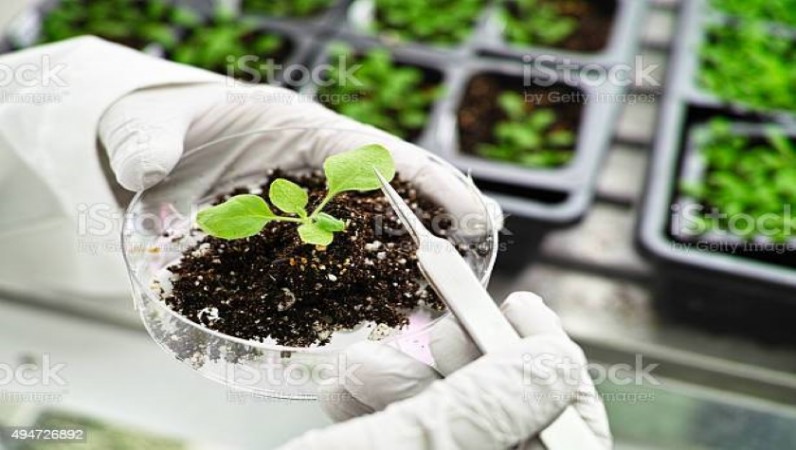
Gates Ag One, the agricultural innovation arm of the Bill & Melinda Gates Foundation, has announced a $35 million commitment over the next five years to the Engineering Nitrogen Symbiosis for Africa (ENSA) research program, led by the University of Cambridge. The project aims to develop self-fertilizing crops for African farmers, with a focus on improving nutrient uptake in food plants and reducing the need for costly fertilizers.
The United Nations estimates that up to 65 per cent of productive land in Africa is degraded, leading to crop yields that are only around one-third of the global average. Fertilizer is often a costly and inaccessible resource for many smallholder farmers in the region, with Africa accounting for just 4 per cent of global fertilizer consumption and heavily relying on fertilizer imports from Russia. The ongoing conflict in Ukraine has caused prices to rise by as much as 150 per cent, making fertilizer even more challenging to obtain.
ENSA's research program aims to optimize the interactions between crops and microorganisms to better use nutrients already present in the air and soil, such as nitrogen and phosphorus. Developing crops with a more remarkable ability to take in nutrients through natural processes would automatically increase yields without the need for fertilizer.
According to Joe Cornelius, CEO of Gates Ag One, the pioneering work of ENSA is essential for levelling the playing field for smallholder farmers in Africa and ensuring that all communities have the chance to thrive. "Breakthrough advances in crop science and innovation mean intractable challenges like nutrient uptake and soil health need not hold back agricultural development. We're delighted that Gates Ag One can support ENSA to continue its work to meet the needs of smallholder farmers," he said.
The funding from Gates Ag One will enable ENSA to continue its research program, helping to create sustainable agriculture solutions for smallholder farmers in Africa. This initiative is a significant step towards reducing the dependence on expensive and unsustainable fertilizers, enhancing food security, and supporting economic development in the region.
Photo/ iStockphoto
Article by RB Correspodent

Comment